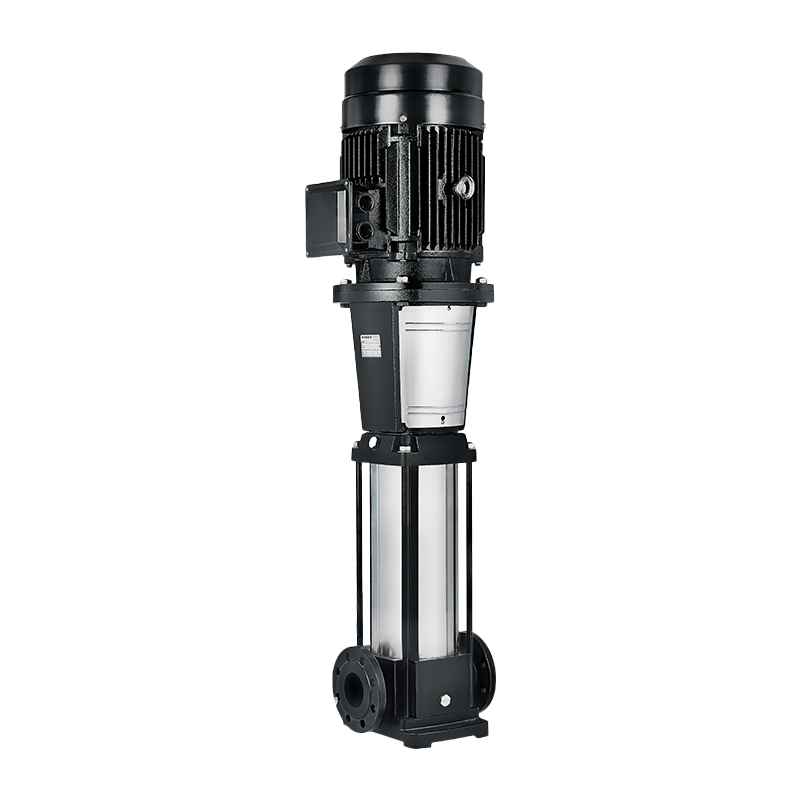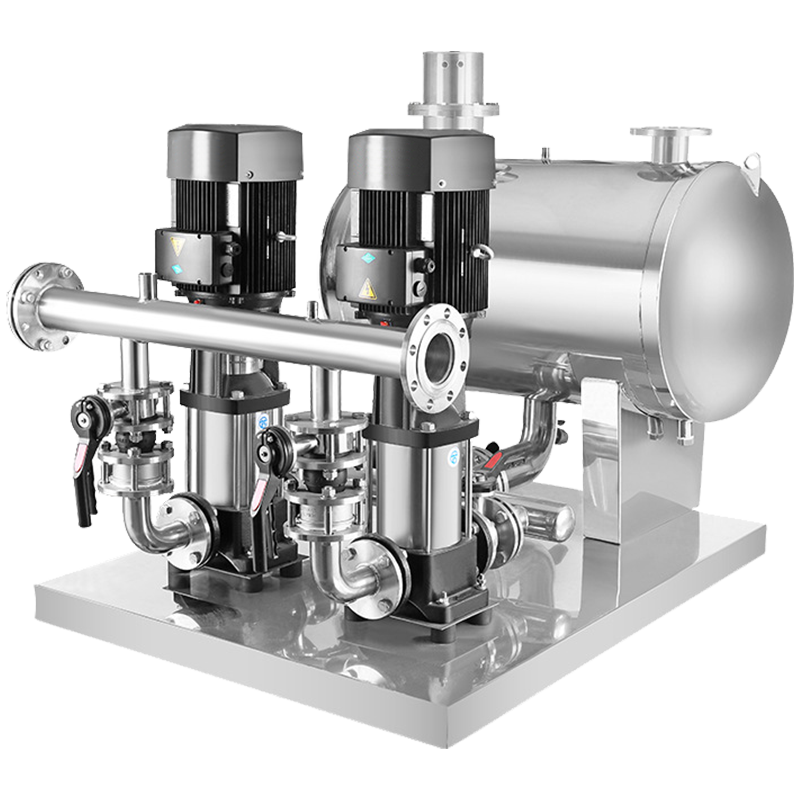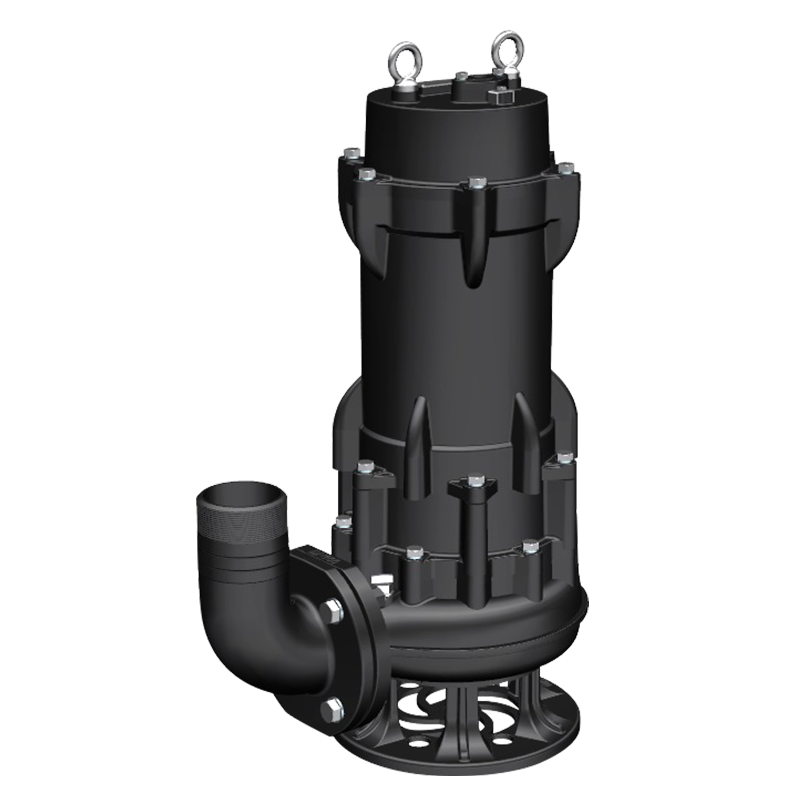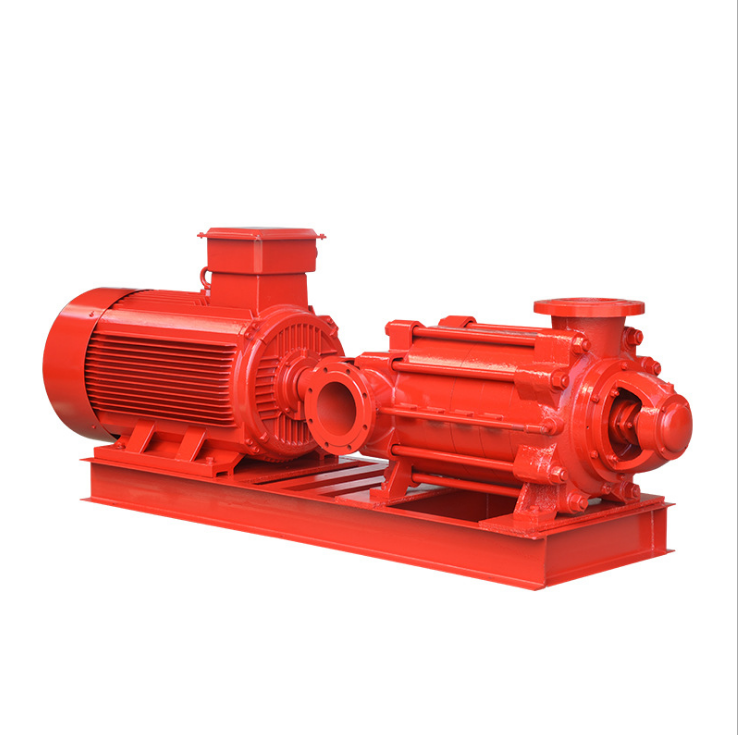Centrifugal Pumps: A Comprehensive Guide to Principles, Applications, and Benefits
Centrifugal pumps are among the widely used pumping solutions across industries, known for their efficiency, reliability, and versatility. Whether in water treatment, agriculture, manufacturing, or chemical processing, these pumps play a critical role in fluid transportation. This article explores the working principles, key applications, advantages, and selection criteria for centrifugal pumps, providing valuable insights for engineers, procurement specialists, and industry professionals.
How Do Centrifugal Pumps Work?
Centrifugal pumps operate on a simple yet effective mechanism:
Impeller Rotation: The pump’s impeller rotates rapidly, converting rotational energy from a motor into kinetic energy in the fluid.
Centrifugal Force: This kinetic energy pushes the fluid outward from the impeller’s center to its edges, creating a vacuum that draws more fluid into the pump.
Discharge: The fluid is then discharged through the outlet at high pressure, enabling continuous flow.
This process ensures efficient fluid movement with minimal pulsation, making centrifugal pumps ideal for high-flow, low-to-medium pressure applications.
Key Applications of Centrifugal Pumps
Centrifugal pumps are versatile and suitable for diverse industries:
Water & Wastewater Treatment: Transferring clean water, sewage, and chemicals.
Agriculture: Irrigation, drainage, and pesticide distribution.
Oil & Gas: Crude oil transfer, refinery processes, and pipeline boosting.
Chemical Processing: Handling corrosive, abrasive, or viscous fluids.
HVAC Systems: Circulating water in heating and cooling systems.
Mining: Dewatering and slurry transport.
Their adaptability to handle various fluids (including clean, contaminated, or aggressive liquids) makes them a preferred choice globally.
Advantages of Centrifugal Pumps
High Efficiency: Designed for continuous operation with minimal energy consumption.
Low Maintenance: Simple construction with fewer moving parts reduces wear and tear.
Smooth Flow: Provides consistent, non-pulsating fluid delivery.
Compact Design: Space-saving and easy to integrate into existing systems.
Scalability: Available in a wide range of sizes and materials (e.g., cast iron, stainless steel, plastics) to meet specific needs.
Maintenance Tips for Longevity
Regularly inspect seals and bearings for wear.
Monitor vibration and noise to detect alignment issues.
Clean impellers and casings to prevent clogging.
Ensure proper lubrication of moving parts.
Centrifugal pumps are indispensable tools for modern industries, combining efficiency, reliability, and versatility. Understanding their principles, applications, and maintenance requirements is essential for optimizing operations. For high-quality centrifugal pumps backed by expertise, trust [Your Company Name] to deliver solutions that exceed expectations.
 English
English عربى
عربى
 Fire Pump and System
Fire Pump and System Split Case Pump
Split Case Pump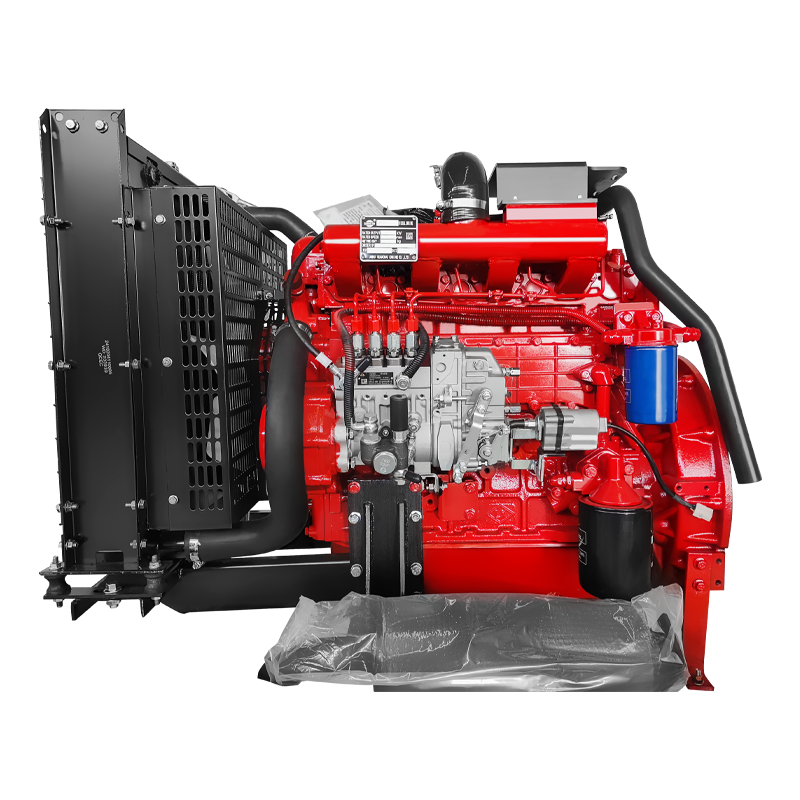 Engine and Pump
Engine and Pump Long Shaft Pump
Long Shaft Pump Multistage pump
Multistage pump Water Supplier System
Water Supplier System Sewage Pump
Sewage Pump Industrial Pump
Industrial Pump Self-Priming Pump
Self-Priming Pump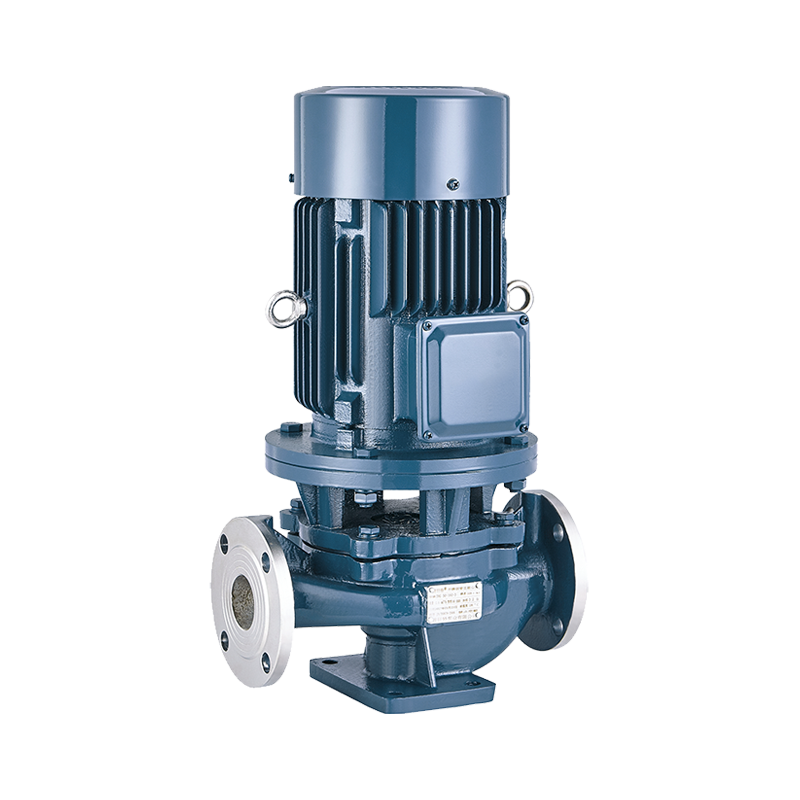 Inline Pump
Inline Pump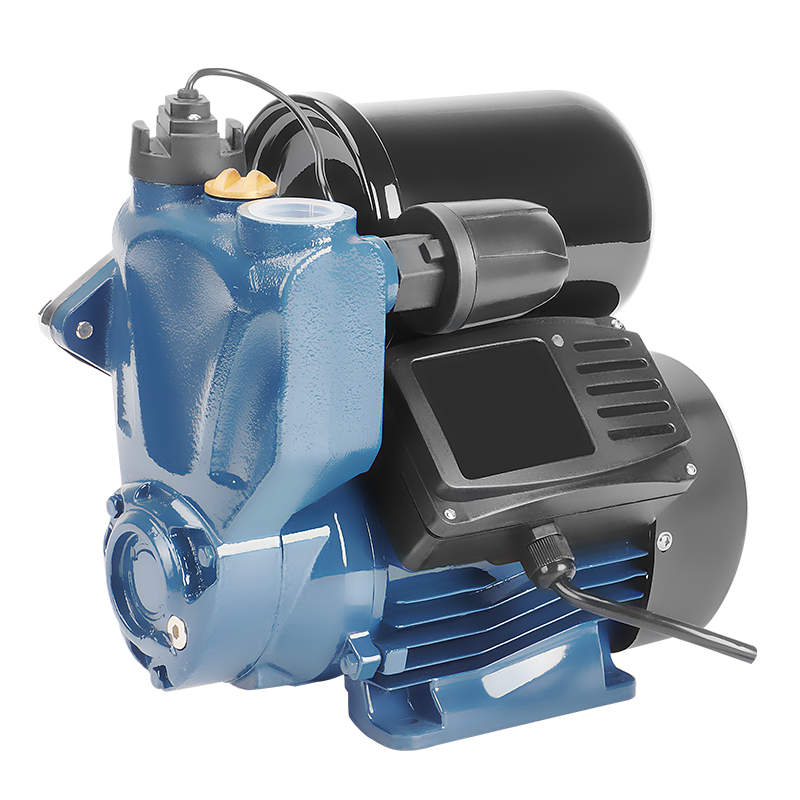 Domestic Pump
Domestic Pump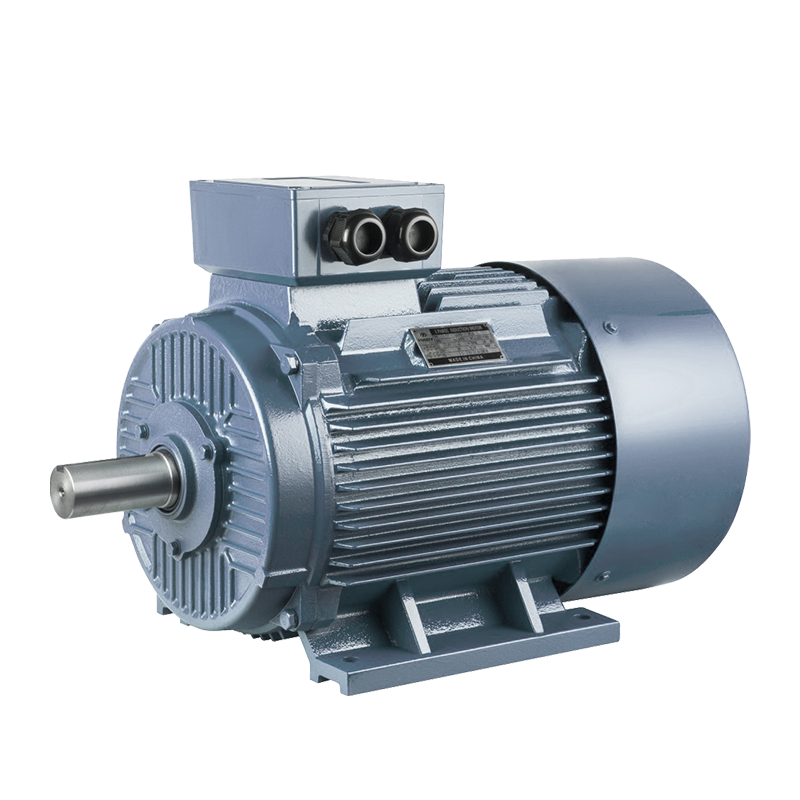 Electric Motor
Electric Motor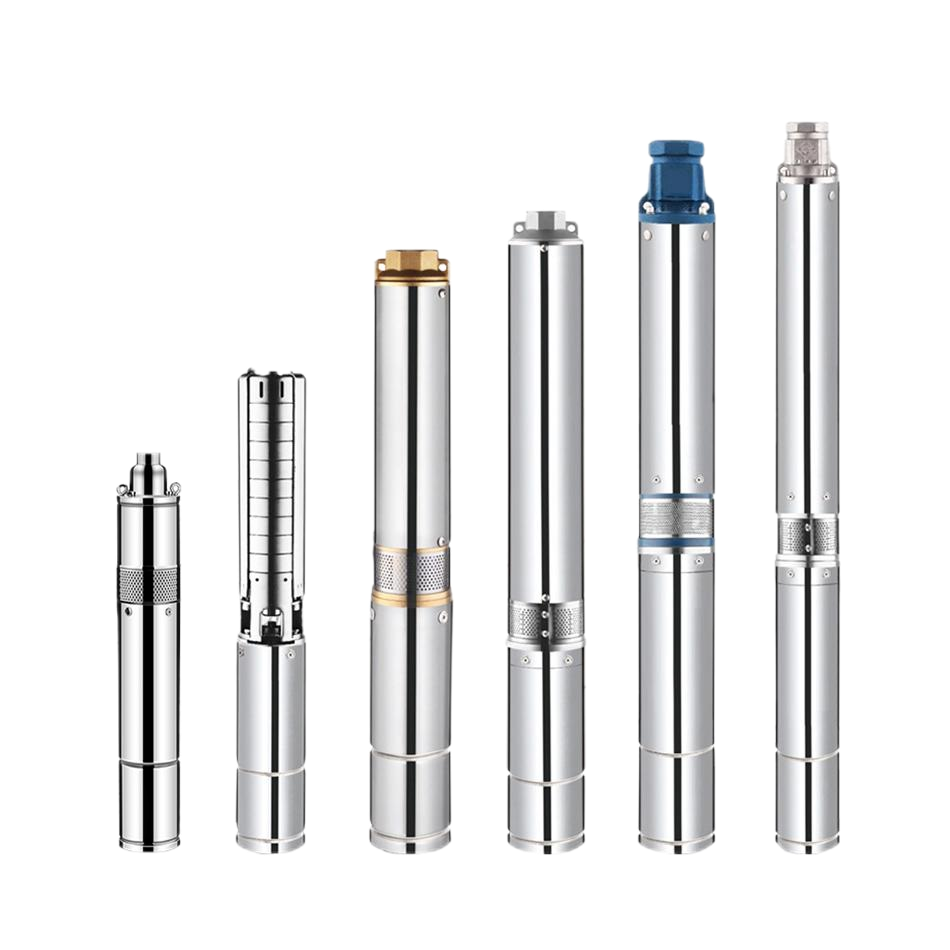 Borehole Pump
Borehole Pump

